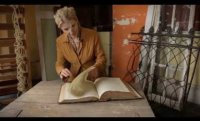Erdrich, Fountain Among Peace Prize Finalists
After announcing earlier this month that Wendell Berry would receive the annual Holbrooke Distinguished Achievement Award, the Dayton Literary Peace Prize Foundation announced yesterday the finalists for the 2013 Peace Prizes in fiction and nonfiction, given annually for books published in the previous year.

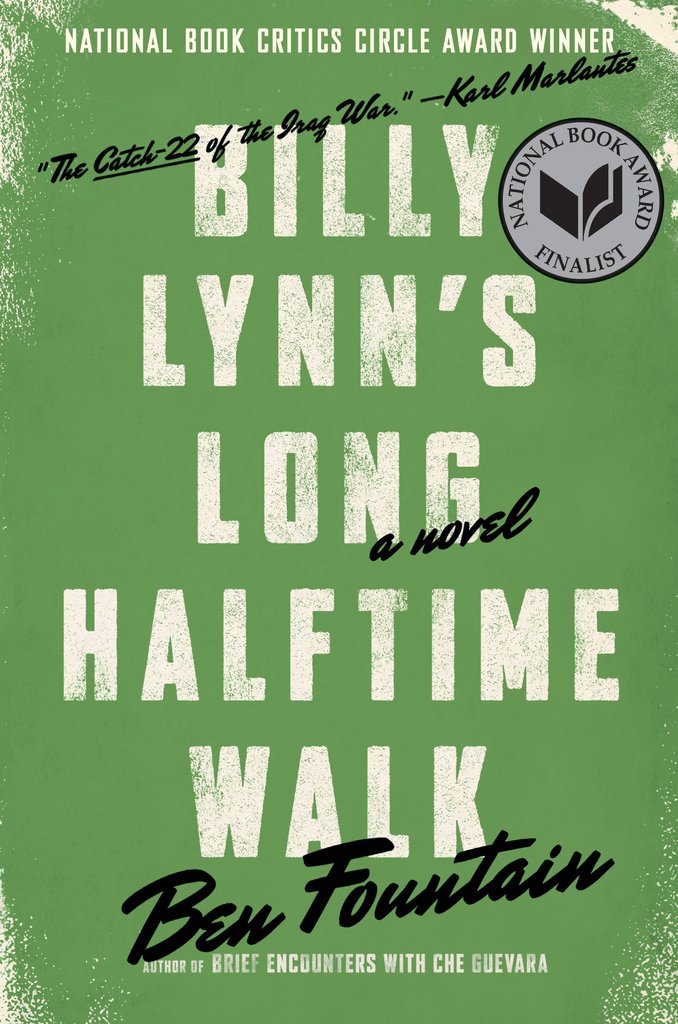 The fiction finalists are:
The fiction finalists are:
The Round House by Louise Erdrich (Random House)
Billy Lynn’s Long Halftime Walk by Ben Fountain (HarperCollins)
The Orphan Master’s Son by Adam Johnson (Random House)
The Life of Objects by Susanna Moore (Random House)
The Coldest Night by Robert Olmstead (Algonquin)
The Yellow Birds by Kevin Powers (Little, Brown)
Ben Fountain's debut novel won a National Book Critics Circle Award.
The nonfiction finalists are:
Behind the Beautiful Forevers by Katherine Boo (Random House)
Pax Ethnica by Karl Meyer and Shareen Brysac (Public Affairs Books)
Burying the Typewriter by Carmen Bugan (Graywolf Press)
Escape from Camp 14 by Blaine Harden (Viking)
Devil in the Grove by Gilbert King (HarperCollins)
Far From the Tree by Andrew Solomon (Scribner)
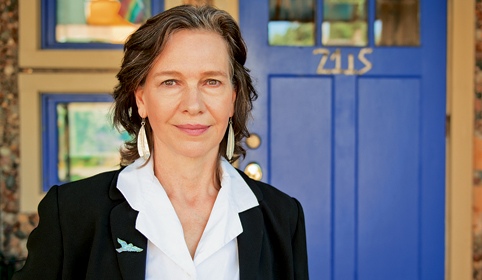
Louise Erdrich's The Round House won a National Book Award.
"This year’s finalists examine conflict and the need for tolerance across the spectrum of relationships, from family members to diverse groups within communities to citizens of a country at war," said Sharon Rab, chair of the Dayton Literary Peace Prize Foundation. “Each work reminds us that our lives are filled with moral dilemmas every day, and each work offers an inspiring model to look to as we strive to resolve the conflicts such dilemmas bring.”
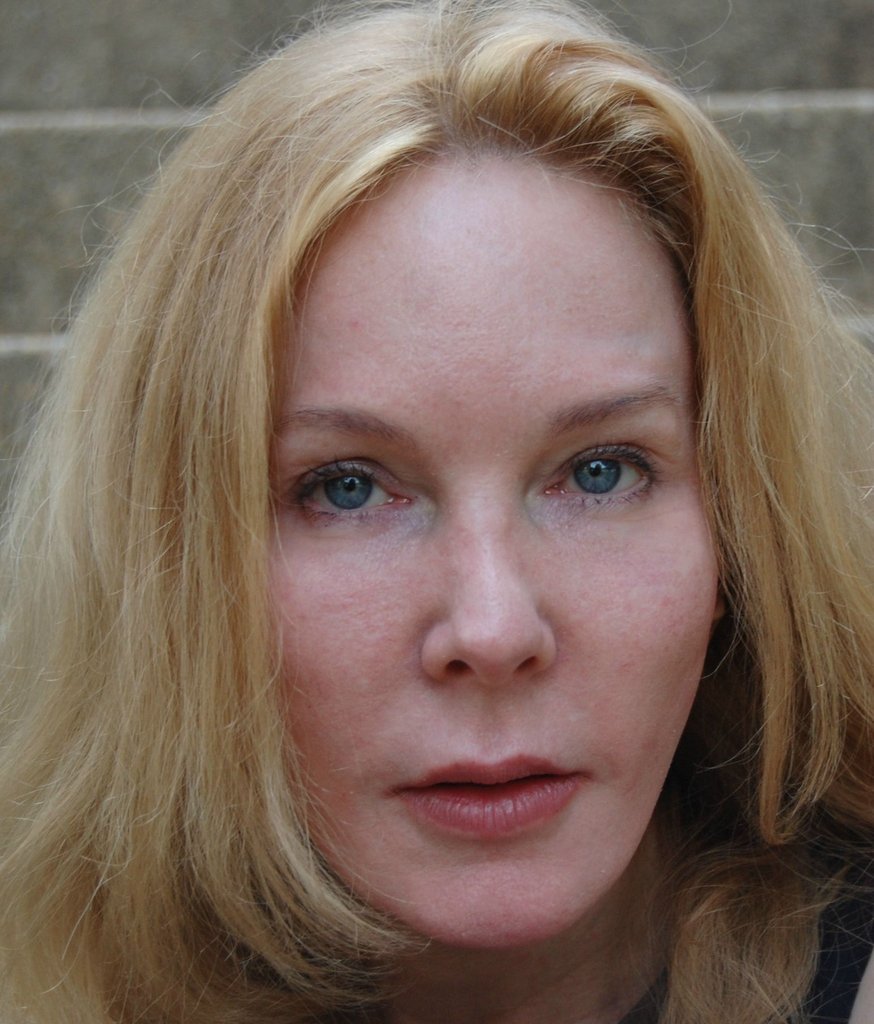
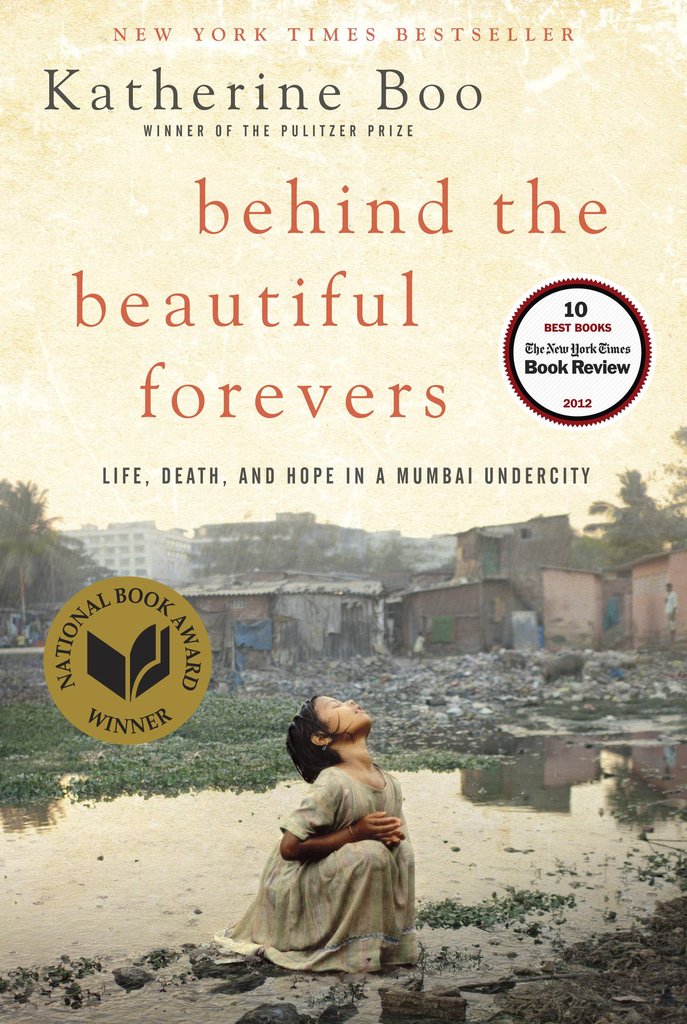
Katherine Boo's debut won a National Book Award for nonfiction.
A winner and runner-up in fiction and nonfiction will be announced on September 24. Winners receive $10,000 each and runners-up receive $1,000. They will be honored at a ceremony in Dayton, Ohio, on Sunday, November 3rd.
Inspired by the 1995 Dayton Peace Accords that ended the war in Bosnia, the Dayton Literary Peace Prize was established in 2006 to honor writers “whose work uses the power of literature to foster peace, social justice, and global understanding.” The awards are given for books published in the previous year.





 “Every year PEN’s literary awards recognize the brightest lights in literary fiction and nonfiction and honor the sustained careers of writers who are distinguished in their fields, raising awareness for a diverse array of outstanding books,” said PEN President Peter Godwin. “These awards represent the best of PEN’s work in defense of free expression throughout the world—fighting censorship, promoting translations into English, and honoring both the new and well-known authors who make up the core of PEN as an organization. Their voices amplify our advocacy work.”
“Every year PEN’s literary awards recognize the brightest lights in literary fiction and nonfiction and honor the sustained careers of writers who are distinguished in their fields, raising awareness for a diverse array of outstanding books,” said PEN President Peter Godwin. “These awards represent the best of PEN’s work in defense of free expression throughout the world—fighting censorship, promoting translations into English, and honoring both the new and well-known authors who make up the core of PEN as an organization. Their voices amplify our advocacy work.” Born in Kentucky in 1934,
Born in Kentucky in 1934, 